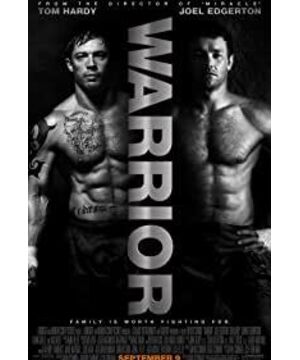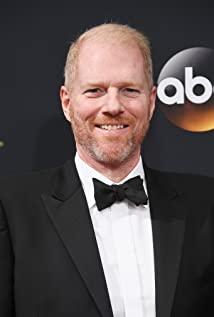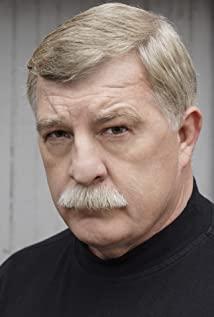Let me talk about my brother first. In his early family life, the problem with his brother was that he did not get his father's approval. He was a boy "castrated" by his father. In his experience, his father appreciates his younger brother more, and he is a "weak loser" in his father's eyes. In order to gain his father's approval, when his mother left home with his younger brother, he (consciously or subconsciously) chose to stay with his father, "thinking that my father would belong to me alone", but he encountered another setback.
As an adult, he chose a physics teacher as his profession. He was humble, restrained, and loving, but he had a kind of "castrated" wilting. When the family's financial problems pushed him to a desperate situation, he re-embarked on a "path of identification". On this road, he forced himself to fight, to win the struggle, not only to win 500w, but also to win the approval of his father, and finally complete the self-identification of a man.
Come see my brother again. Father undoubtedly appreciates his younger brother’s boxing talent more. This is not only confirmed by his brother’s side, but also by his younger brother’s behavior. The brave and courageous brother was willing to turn back and choose his father to be his coach after encountering a major setback in his life, which shows that he and his father have more identity. His problem is that he hates his father (and brother) for abandoning his mother and himself. I think in his subconscious, this hatred of his father has turned into a certain degree of "self-hate". Hate that I am not strong enough to protect my mother and maintain the family. The ingenuity of the film is that the younger brother's "self-hate" is turned into a deserter's self-hate. The problem he wants to solve is to accomplish his potential desire to "help mother and maintain the family" in the process of raising and helping the widows and children of his comrades-in-arms; , Hitting is also being beaten).
The two brothers met in the fighting arena. In this final victory contest, both of them completed their self-growth. The elder brother was forced to win the battle and defeat the younger brother, and he was forced to taste the fruits of victory, which was of great significance to him. When the defeat was determined, the younger brother still chose to continue the fight in the form of "masochistic", venting his desire to redeem his sins, and finally he confessed in continuous shooting amidst his brother's shout of "I love you". This design is very clever-admit defeat. To express to give up is to give up both provocation and abuse. This is a metaphor for understanding. It not only forgives father and brother, but also for oneself.
A true warrior lies in facing the bleakness of life. And the bleakness of life, in the final analysis, is the bleakness of the heart. Anger, hatred, hostility, cowardice, withdrawal, hesitation... these are the real bleakness we face. A true warrior is a person who can identify with and forgive himself.
View more about Warrior reviews











